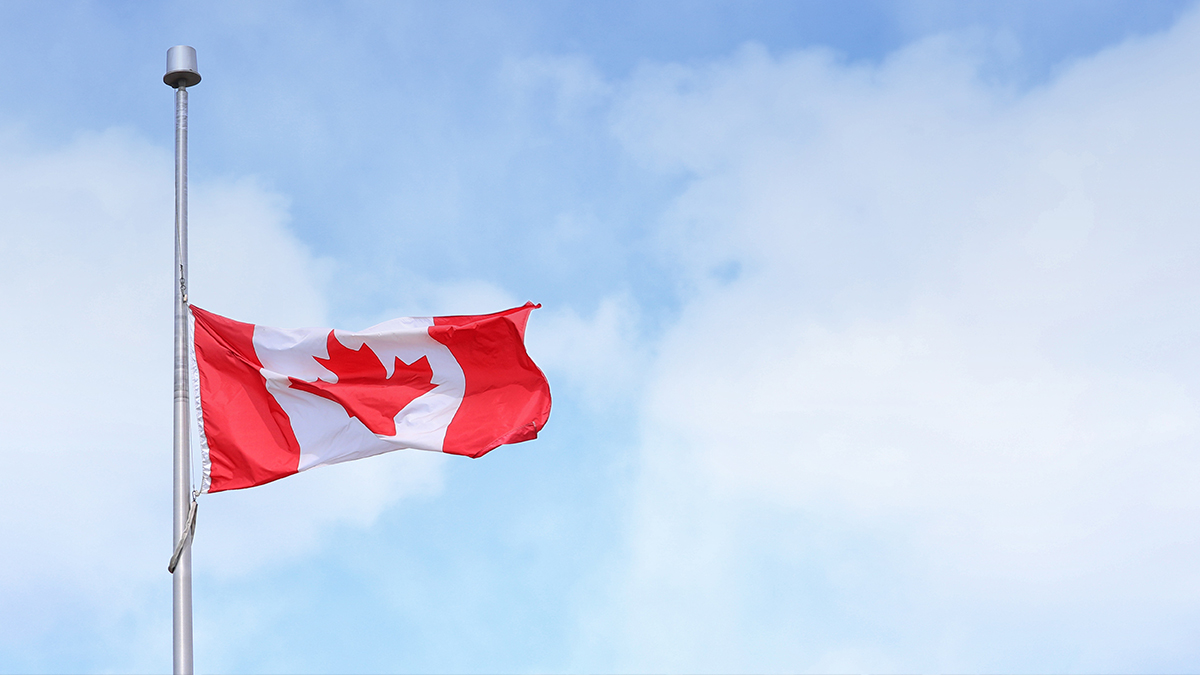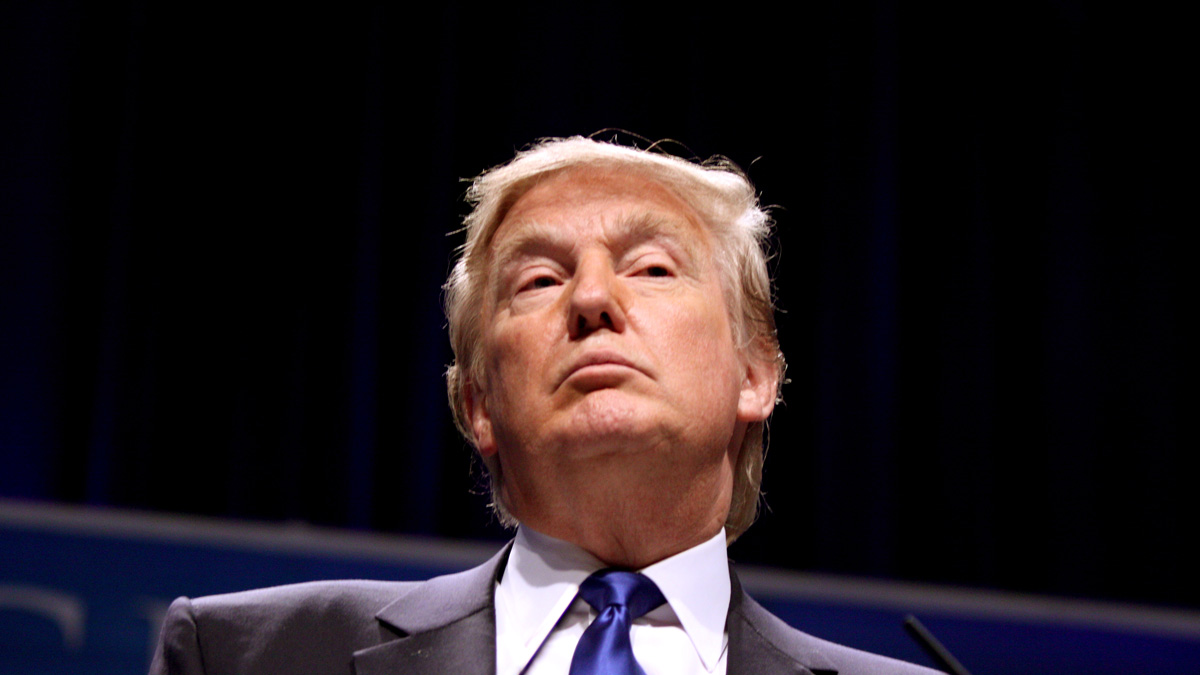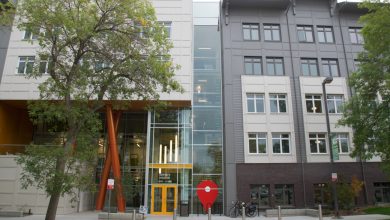 Supplied
SuppliedAs someone who was born and raised in Canada, I’ve attended local Canada Day celebrations almost every year. Growing up, my family and I would join in on the festivities during the day, and watch the fireworks at night. But as I’ve spent my university years studying Canadian history, I’ve become more uncomfortable with celebrating this holiday.
Canada Day cannot continue to represent myths of greatness and ignorance of harm. We can no longer blindly celebrate Canada as the greatest country in the world. Because our history tells us otherwise — and we must grapple with that.
The discovery of unmarked graves in 2021 forced Canadians to reckon with the horrors of the residential school system. Residential schools stole Indigenous children from their families to eradicate Indigenous culture and assimilate them into settler society. In the face of this and the rest of our history, I don’t think that we should continue to celebrate Canada Day the way that we have — a day of fireworks, live music, and parades. It’s time that Canada Day transforms into a day of reflection, unity, and hope for a better future. This doesn’t mean we have to get rid of the fun things. But we need to incorporate space for serious reflection.
Such transformation starts with confronting the real history of Canada Day. Many of us have been told the narrative that July 1, 1867 was a triumph of democracy and a moment of national unity. But as historian Daniel Francis demonstrates in his book, National Dreams: Myth, Memory, and Canadian History, this is categorically untrue. In 1867, Canada politically transformed from a colony to nation. But what many don’t know is that a small group of politicians made the decision, without the say of the ordinary people living in Canada — both Indigenous peoples and settlers.
But the government didn’t simply ignore Indigenous people, it actively harmed them. The history of Canada’s treatment of Indigenous peoples needs to take a more central place in Canada Day celebrations. Canada’s past and present is riddled with examples of Canada mistreating Indigenous people, that range from at the very least discriminatory, to at the very worst genocidal. It’s easy to feel far removed from the Inuit High Artic relocations, the Sixties Scoop, or the horrors of residential schools. It’s simpler to assign these events to the long forgotten and ignored past. But these harms are still part of the present and so is the continuous harm to Indigenous peoples. Think of the epidemic of Missing and Murdered Indigenous Women and Girls, and the lack of health care and access to clean drinking water on reserves.
So, should we even celebrate the founding of the Canadian state when we’re supposed to be working towards reconciliation? Especially since the Government of Canada has only implemented 13 of the 94 calls to action outlined by the Truth and Reconciliation Commission of Canada. Robert Jago, an Indigenous writer, sees Canada Day as an archaic projection of nationalism, celebrating a colonial state. The Anishinabek Nation has recognized that it can be an opportunity to reflect on our history. Critical reflection seems to run counter to nationalism, but it is necessary to build a better future.
As Canadians living in a colonial state and settler society, we have a responsibility to acknowledge Canada’s true history and present. We cannot celebrate a mythologized version of it. Recognizing the bad things about Canada doesn’t mean you can’t still love the place you call home. We need to accept the truth to imagine a better future, not deny the truth to imagine a better past. And that means making Canada Day about more than fireworks and hot dogs.




